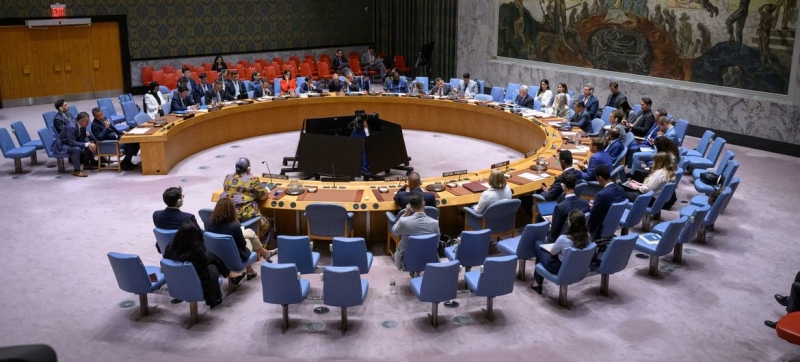
UN Security Council meeting on Libya. Libya’s political stalemate threatens future elections and stability Peace and Security
Libyan political institutions continue to stall in implementing key stages of the roadmap developed with the assistance of the UN Mission in Libya. This was stated by the Special Representative of the UN Secretary-General for Libya, Hannah Tetteh, speaking at a meeting of the Security Council on Tuesday.
“Libya cannot afford further delays,” Tetteh stressed, calling on the House of Representatives and the Libyan Supreme Council of State to engage constructively. According to her, the lack of agreement on the composition of the Electoral Commission and the legal framework for elections jeopardizes the entire process of democratic renewal.
Amid political divisions, the country’s security situation remains fragile, Tetteh said. According to her, the sustainability of peace depends on security sector reform, which the UN Mission is currently discussing with the Libyan Presidential Council. “We urgently need to move forward,” she said.
Local elections demonstrate citizens’ desire for democratic participation. Voting took place in seven Zawiya municipalities in August, and elections are expected to resume in a further sixteen districts in the coming days.
Meanwhile, the country’s economic management remains woefully ineffective. Libya’s central bank found 6.5 billion dinars (about $1.2 billion) in unaccounted banknotes not recorded through official channels. The total amount of illicit funds identified this year reached 10 billion dinars. Tetteh called the situation “deeply troubling” and welcomed the launch of the National Strategic Plan to Combat Corruption, emphasizing that its success depends on political will.
Tetteh paid particular attention to issues of national reconciliation in her report. The UN continues to work with victims of forced disappearances and mass graves. A missing persons bill is being drafted to meet international standards.
Finally, Tetteh stressed that if the Mission’s current efforts do not lead to consensus among the main political institutions, it will be forced to propose an alternative approach and seek support from the Security Council. “The Libyan people deserve stability, peace and respect for human rights,” she concluded.
